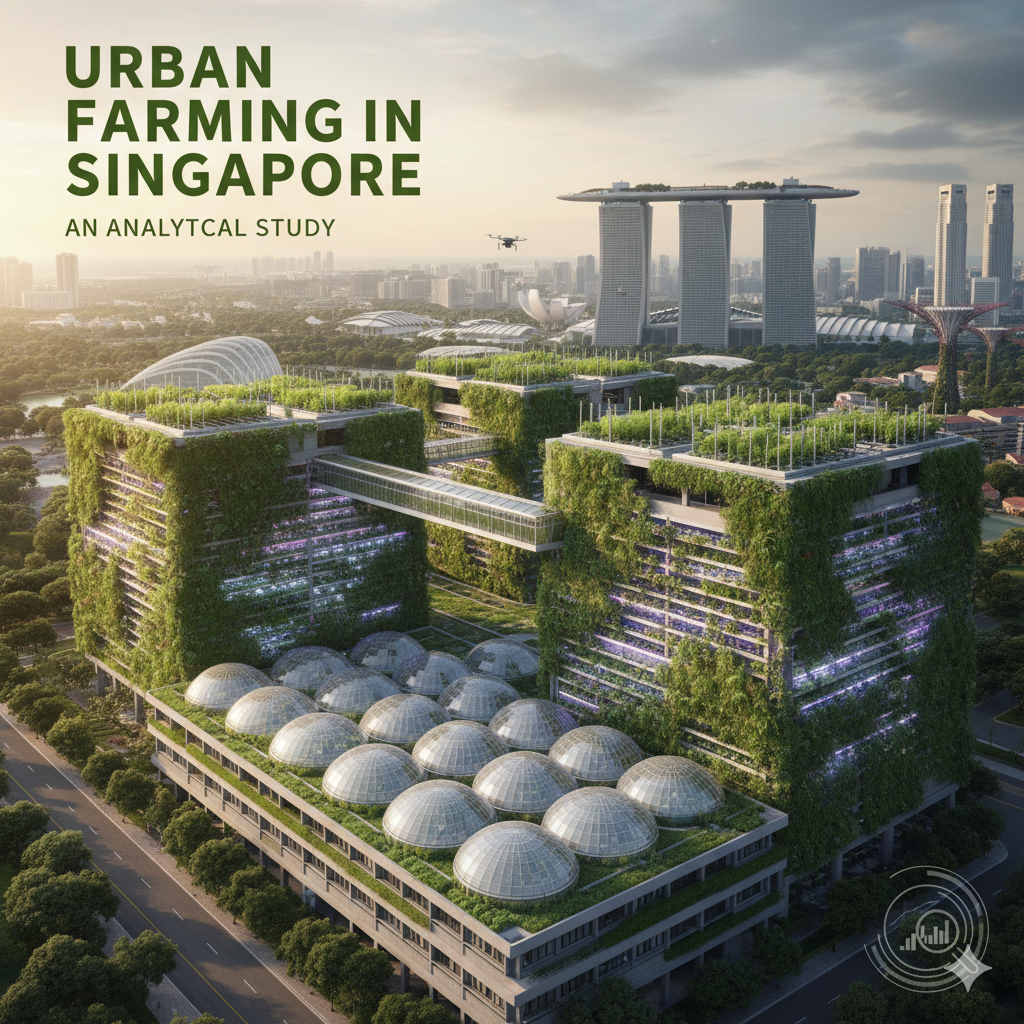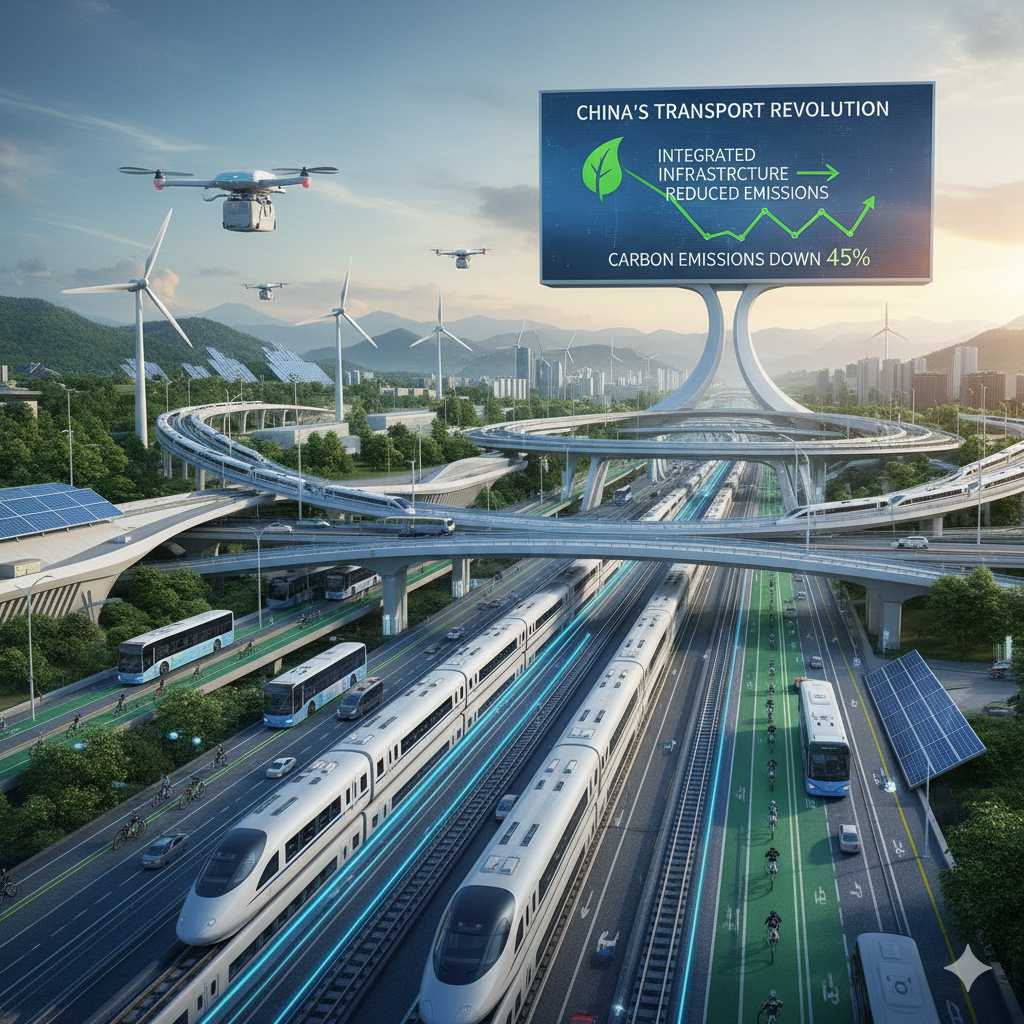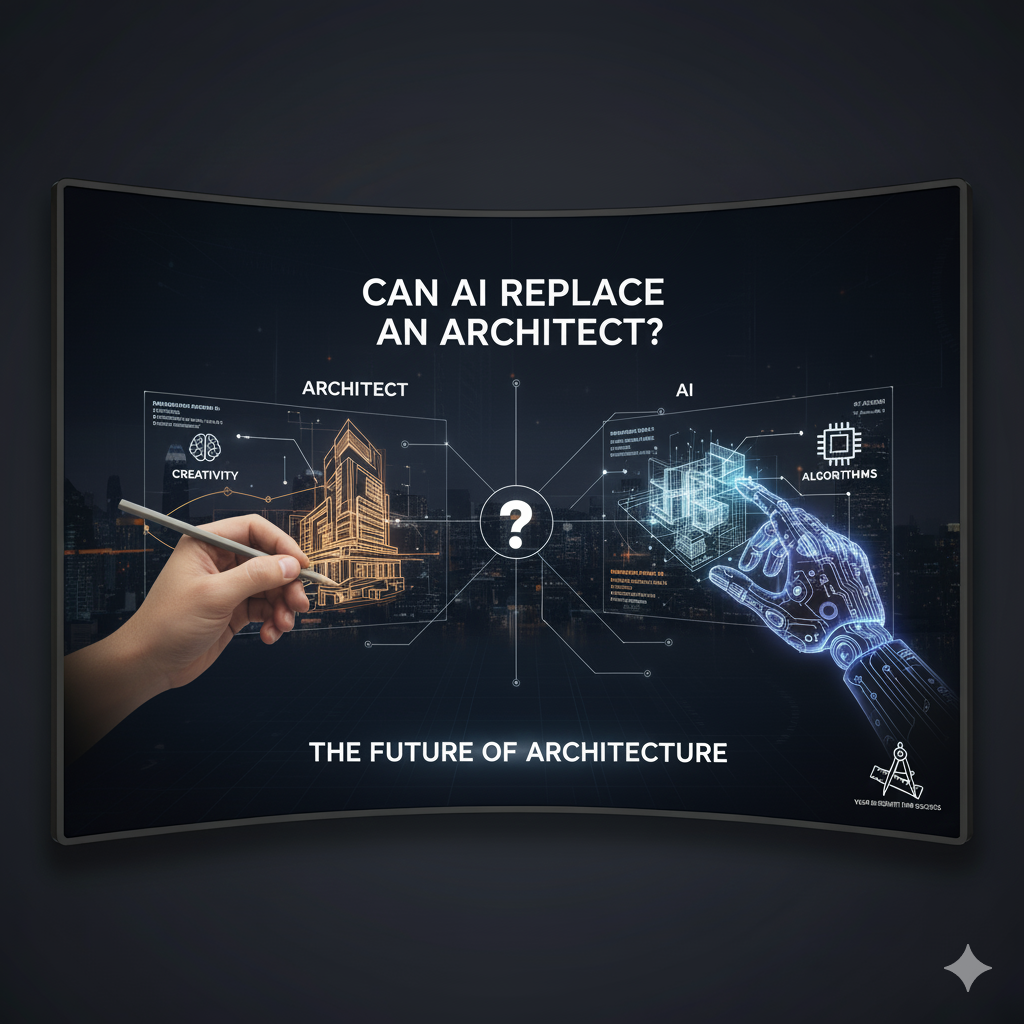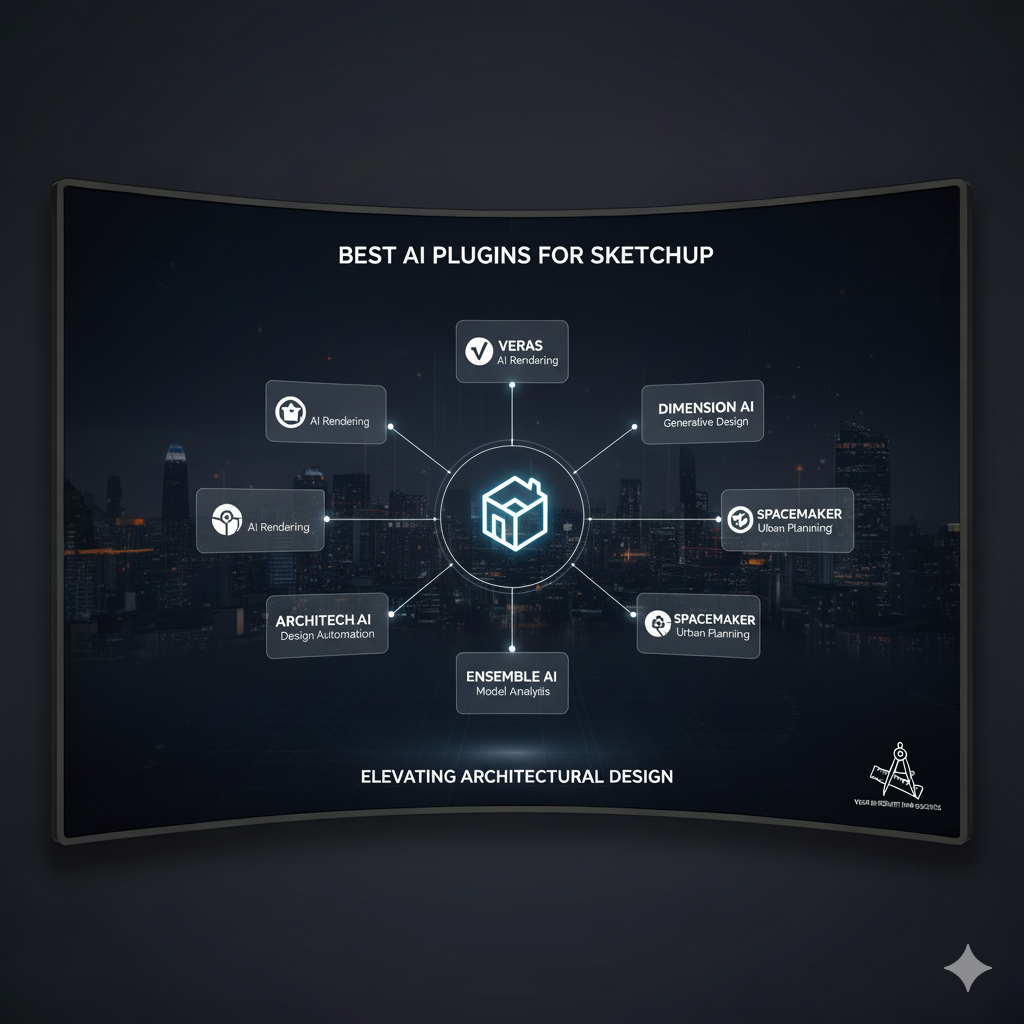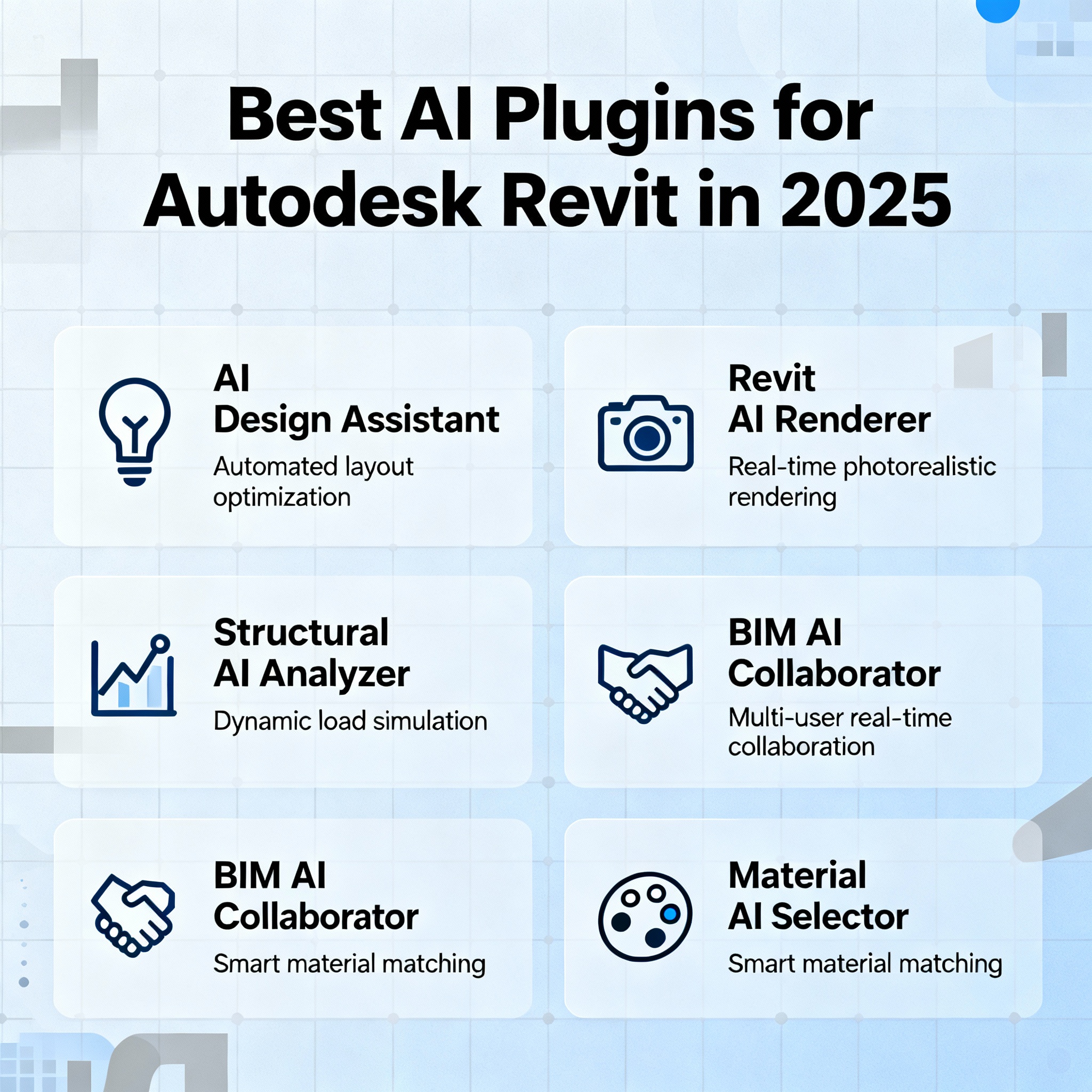AI in Architecture
AI is increasingly used in architecture to enhance efficiency, innovation, and sustainability, offering tools for design exploration, project management, and building performance optimization, without replacing human architects.
Here’s a more detailed look at how AI is impacting architecture:
1. Enhancing Design Processes:
-
- Generative Design:AI algorithms can analyze vast datasets and generate numerous design options, optimizing layouts, structures, and materials based on specific criteria.
- Generative Design:AI algorithms can analyze vast datasets and generate numerous design options, optimizing layouts, structures, and materials based on specific criteria.
- Virtual 3D Rendering and Modeling:AI can assist in creating realistic visualizations and models, helping architects explore design concepts and communicate ideas effectively.
- Design Exploration and Innovation:AI tools can help architects explore new design trends, patterns, and possibilities, pushing the boundaries of creativity.
- Optimizing Building Performance:AI can analyze building performance data (energy consumption, daylighting, etc.) to optimize designs for sustainability and efficiency.
- Material Selection:AI can assist in selecting sustainable materials and optimizing their use in construction.
2. Streamlining Project Management and Workflow:
- Real-time BIM Updates:AI can facilitate real-time updates and collaboration within Building Information Modeling (BIM) workflows.
- Automated Tasks:AI can automate repetitive tasks, freeing up architects to focus on more complex design challenges.
- Project Planning and Scheduling:AI algorithms can analyze project data to predict potential delays, identify risks, and recommend efficient scheduling.
- Improved Communication and Collaboration:AI-powered tools can facilitate seamless communication and collaboration among architects, contractors, and clients.
3. Examples of AI Tools and Applications:
- Leonardo.AI:Offers AI architecture tools for generating design mockups, refining presentation imagery, and exploring new visual ideas.
- Revit AI Tools:Integrate AI analytics to simulate building performance, optimize energy use, and select sustainable materials.
- Gendo:Turns sketches or written prompts into realistic visualizations in seconds.
- Midjourney:A platform offering text-to-image generation.
- Architechtures:An AI Architecture Generator that optimizes building design and improves productivity.
4. The Future of AI in Architecture:
- AI is expected to continue to evolve and become more integrated into the architectural design process.
- The focus will be on using AI to augment human capabilities, not replace them.
- AI will enable architects to create smarter, more sustainable, and efficient buildings that respond to the needs of people and the environment.
- AI will also play a role in urban planning and the development of entire cityscapes.


